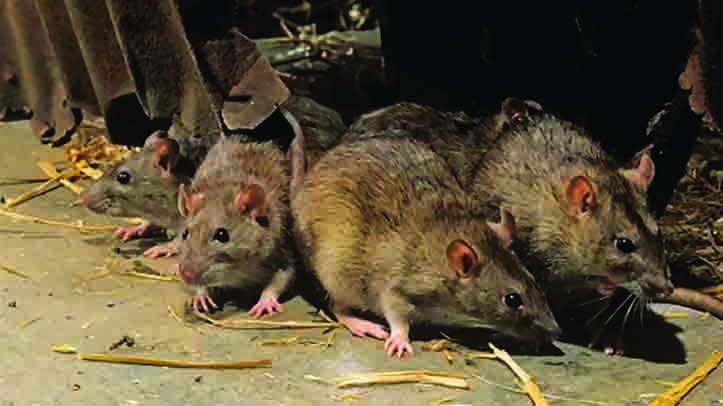Users of rodenticides covered by the UK Rodenticide Stewardship Regime – including pest controllers, gamekeepers and farmers – have two years to prepare for a significant change in access to such products.
Despite concerns expressed by several farming organisations, the directors of stewardship regime operator, the Campaign for Responsible Rodenticide Use UK (CRRU), are changing the rules, citing the need to protect wildlife.
From January 2026 onwards, all buyers and users of professional rodenticide products must hold either a stewardship-specific training certificate less than five years old, or an older one with proof of membership of a stewardship-specific Continuing Professional Development (CPD) scheme. As five-year certificate expiry dates approach, holders can either repeat the training and requalify, or join a CPD scheme.
Each year, dead barn owls are sent for analysis, and according to the CRRU, the latest results show 80% carry residues of one or more rodenticide.
“The most recent headline is that a stubbornly static 80% of barn owls carry residues of one or more SGARs,” CRRU chairman Dr Alan Buckle. “These changes are designed to strengthen stewardship and protect essential uses of rodenticides for all professional user sectors, especially farmers.
“Over the next two years, CRRU will work with the agriculture sector to ensure a smooth transition and hopes that those who are currently critical will come to realise this was done with the best interests of farmers and growers in mind.”
Since January 2023, all stewardship-specific training and certification approved by CRRU has been regulated independently by Ofqual. All qualifying CPD schemes will also be CRRU-approved. Two are available already from BASIS PROMPT and BPCA Registered and more expected to follow during 2024.
The Ulster Farmers’ Union (UFU) said it did not support the planned changes to the requirements that must be met to purchase rodenticide.
UFU deputy president William Irvine said: “The new requirements from CRRU will mean that all users of professional-grade rodenticides will need an approved training certificate in rodenticide use from January 2026. This will prevent farmers and growers from purchasing rodenticide through their Farm Quality Assurance Scheme (FQAS) membership which is currently accepted as proof-of-competence.
“Farmers and growers understand the impact rodenticides could have on wildlife if it is not used responsibly, and through their participation in FQAS, they minimise the impact of rodenticide on wildlife. However, these new changes will affect farmers and growers’ ability to manage their own pest control and will create another cost for the farm business when finances are already under pressure.”
“Changing the requirements to purchase rodenticide is a significant shift from the criteria that is in place currently and it’s extremely worrying that it’s being progressed by CRRU without any consultation with stakeholders. We ask that the CRRU complete a full consultation before progressing with the proposed changes for January 2026,” said Irvine.


